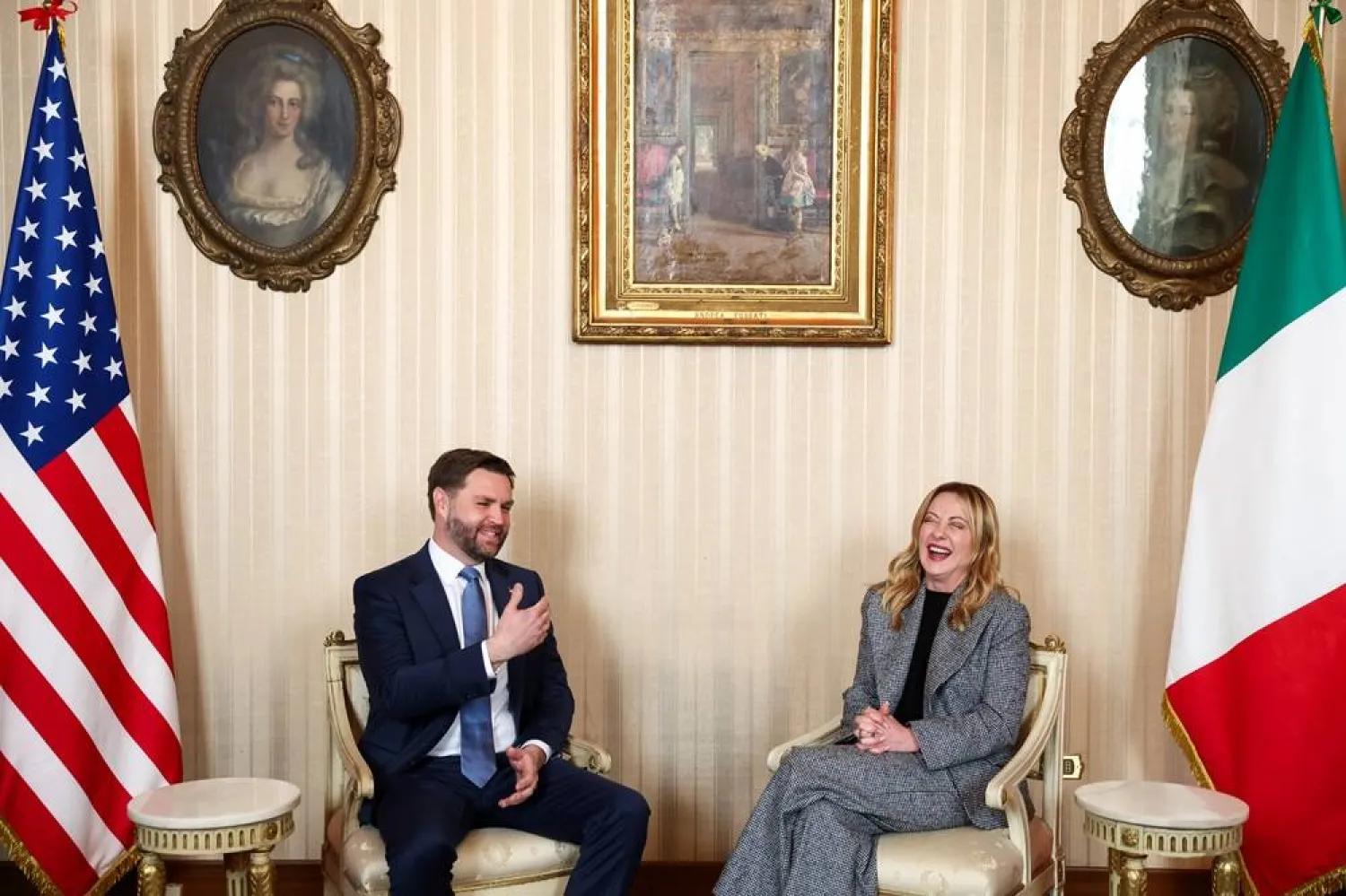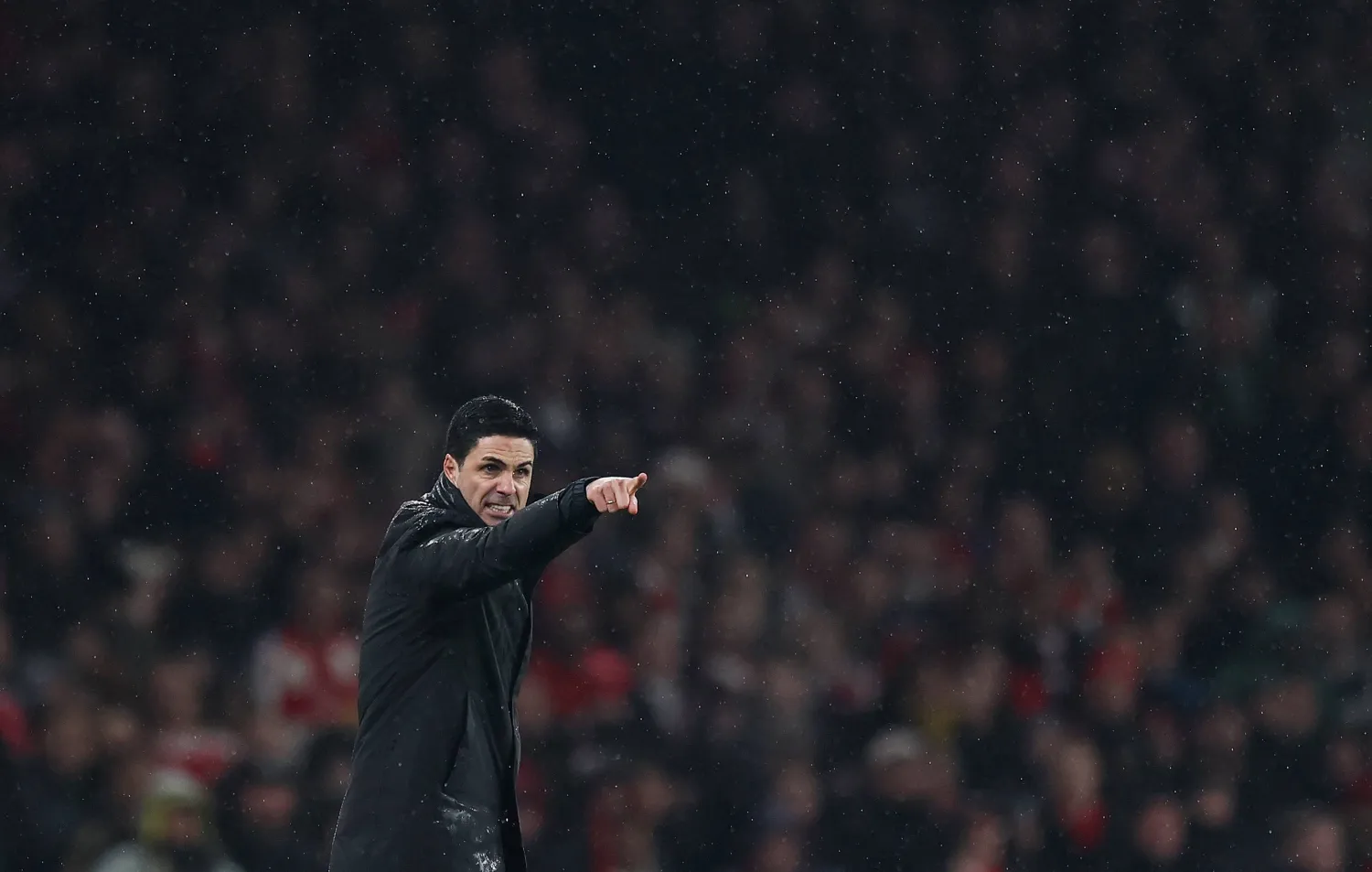Ajax were one of the most entertaining and successful sides of the Champions League last season, beating Real Madrid and Juventus on their way to the semi‑finals, where only a ludicrous late comeback from Tottenham denied them a trip to Madrid and the chance to pip Liverpool to the trophy. On Tuesday their European campaign gets under way in the third qualifying round, against the Greek champions PAOK.
This seems quite the humbling for a side good enough to reach the final four just a few months ago, but when it came to deciding at which stage they would enter this year’s competition their efforts last season counted for nothing. Harsh as this seems, it is not entirely without rational explanation: Uefa allocated places for this season’s European competitions based on the rankings as they stood a year ago, so that teams started their domestic campaigns last August knowing precisely how many places they were vying for and how they would be distributed.
Thus the places for 2020-21 are already known. Thanks to Ajax’s efforts last season, whoever wins the Dutch league this year will enter the Champions League in the play-off round, just one two-legged victory from the all-important league stage. Nothing short of winning either of Uefa’s two showpiece competitions this season will change that.
That the triumphs of last season have no impact on when the Dutch champions enter the Champions League this year certainly seems imperfect, but in practice it is justifiable. What seems harder to explain, however, is what does. For example, one of the principal reasons why Ajax have been forced to enter European competition so early is that Milan got a stoppage‑time penalty in a game played six years ago.
At this point it is sadly necessary to go into the details of how Uefa calculate their coefficients. After the qualifiers, when points are halved, teams get two points for a win and one for a draw, plus a four-point bonus for reaching the Champions League group stage, a five-point bonus for making the round of 16, and a one-point bonus for each subsequent round, and for each round of the Europa League from the quarter-finals onwards.
The points won by all the clubs in each association in a season are then added up and divided by the number of clubs involved to give a single figure, correct to three decimal places. That figure plus those for the four previous seasons will be added together to give a final points tally, which is what is used for the rankings.
So the rankings used to determine this season’s European places used results from 2013-14 to 2017-18, bringing us back to Massimiliano Allegri’s Milan team. In August 2013 the Rossoneri comfortably beat PSV Eindhoven in the Champions League play-offs and were then placed in Group H, along with Ajax. When they travelled to Amsterdam that October they earned a draw thanks to that 94th-minute Mario Balotelli penalty; in the return fixture in December Riccardo Montolivo was sent off in the 22nd minute and Ajax launched an assault on the home goal. The Dutch side had 64% of possession and 23 shots, 11 of them on target, to Milan’s combined total of three, but none went in and the game ended goalless. If they had won either of those games, Ajax would have progressed from the group stage.
So results last season, results that speak directly to the quality of this Ajax team, are not taken into account. But had PSV somehow beaten Milan in that play-off; if Balotelli’s penalty had been skewed wide; or if just one of those chances at the San Siro had found its way past Christian Abbiati – in a game played nearly six years ago and featuring only two players who were still at Ajax last season, one of whom had spent four years at Manchester United in the intervening period – the Netherlands would have had enough additional ranking points for Ajax to enter this year’s Champions League one round later.
Equally, the fact that Young Boys enter this year’s Champions League in the play-off round is almost entirely down to Basel’s run to the Europa League quarter-finals in 2013-14. For next season, when those points no longer count, Switzerland will plunge five places down the rankings and their champions will go into the second qualifying round.
It is hard to argue that this system is completely unfair, but there are certainly some quibblesome elements. Most obviously, it discriminates against good teams from poor leagues, who are forever hobbled by the underperformance of their compatriots, some of which occurred quite a long time ago.
It is hard to argue that this year’s Ajax team should be in any way disadvantaged by Utrecht’s Europa League defeat to Zenit St-Petersburg two years ago, let alone the same team’s abject humbling by Luxembourg’s Differdange way back in the 2013-14 qualifiers. Meanwhile the top four nations, who automatically get four places in the Champions League, immediately start racking up massive bonuses, making them extremely hard to dislodge.
Short of switching to knockout competitions with unseeded draws, it is not obvious what Uefa could do to remedy this situation. At least Ajax now know that with one more run to the semi-finals this year the Dutch champions will, almost certainly, finally earn an automatic place in the Champions League group stage – even if they will have to wait until 2021 to make use of it.









